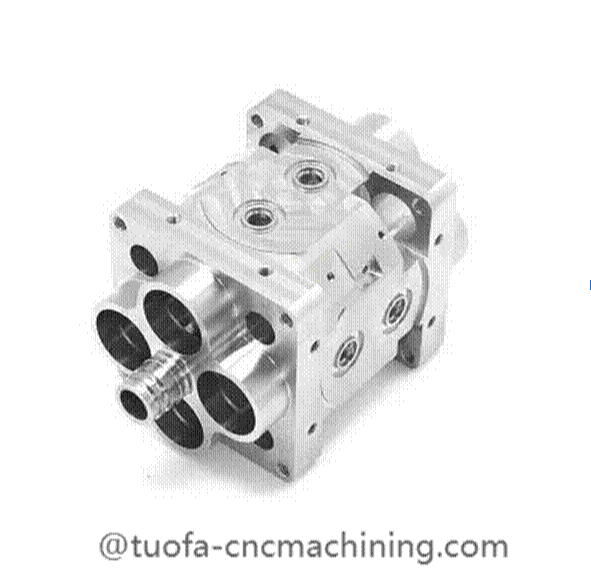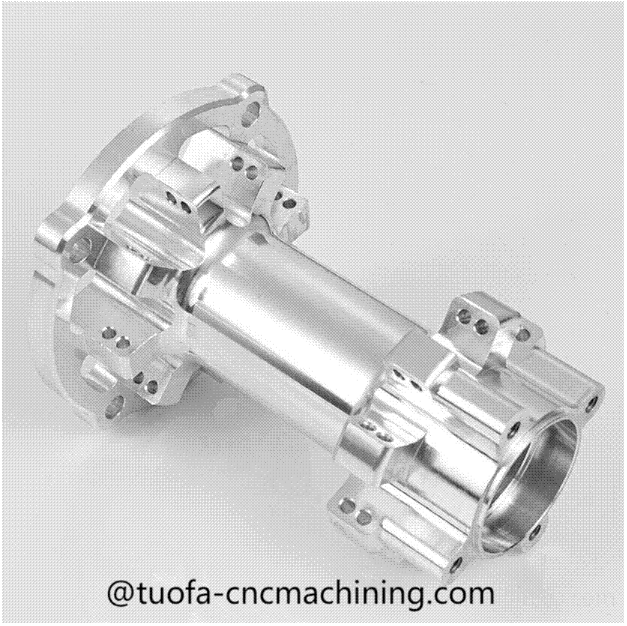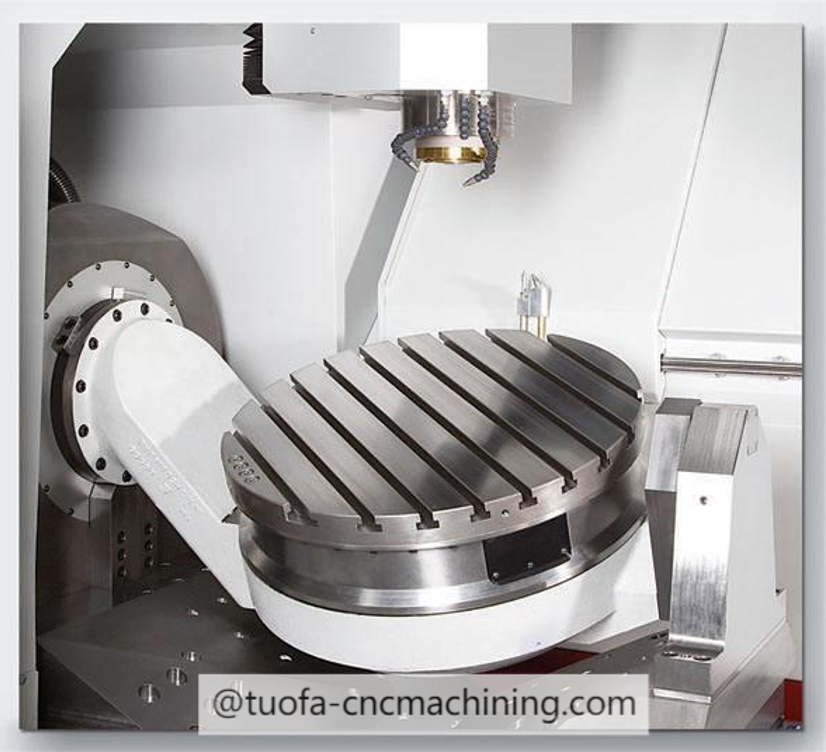5 Main Benefits of Precision CNC Machining Processing

From the smartphones in our pockets to the jet engines powering intercontinental flights, precision manufacturing shapes the modern world. At the heart of this revolution lies Computer Numerical Control (CNC) machining—a technology that has redefined how industries design and produce critical components. But what exactly is CNC machining, and why does it matter? Let’s explore its fundamentals before diving into its transformative benefits.
What is CNC Machining?
CNC machining is a subtractive manufacturing process where pre-programmed computer software controls the movement of precision tools (e.g., mills, lathes, grinders) to shape raw materials into finished parts(good surface finish). Unlike manual machining, which relies on operator skill, CNC systems follow digital blueprints (CAD/CAM files) to execute cuts with microscopic accuracy.
How It Works:
- Design: Engineers create a 3D model of the part using CAD (Computer-Aided Design) software.
- Programming: CAM (Computer-Aided Manufacturing) software converts the model into machine-readable code (G-code), specifying tool paths, speeds, and depths.
- Execution: The CNC machine autonomously carves the material—whether metal, plastic, or ceramic—into the desired shape, often within tolerances tighter than a human hair (±0.005mm).
Key Innovations:
l Multi-Axis Capability: Modern CNC machines (e.g., 5-axis or 9-axis) can rotate and tilt tools to create complex geometries in a single setup.
l Automation: Integrated robotics load/unload materials, change tools, and perform quality checks, enabling 24/7 production.
Industries Reliant on CNC:
CNC machining is foundational to aerospace, medical devices, automotive, and electronics—industries where precision, repeatability, and material versatility are non-negotiable. For example, 80% of Boeing’s 787 Dreamliner components are CNC-machined from advanced composites.
1. Micron-Level Accuracy for Complex Geometries

CNC machining achieves tolerances as tight as ±0.005 mm, making it indispensable for components requiring flawless precision. Advanced multi-axis machines (e.g., 5-axis or 7-axis systems) can simultaneously carve intricate angles, undercuts, and hollow structures that are impossible with manual methods.
Industry Applications:
l Medical: Companies like Stryker use CNC to craft titanium spinal implants with micro-scale pores that promote bone fusion. Even a 0.1mm deviation could jeopardize patient safety.
l Aerospace: GE Aviation’s jet engine turbine blades feature labyrinthine cooling channels, CNC-machined to withstand 1,500°C temperatures while maintaining structural integrity.
Why It Matters: A single flawed component in these industries can lead to catastrophic failures. CNC’s digital precision ensures compliance with stringent standards like ISO 13485 (medical devices) and AS9100 (aerospace).
2. Accelerated Production and Shorter Lead Times
By automating tool changes, material handling, and quality checks, CNC slashes production cycles by up to 70% compared to conventional methods.
Industry Applications:
l Automotive: Tesla leverages CNC machining for rapid prototyping of aluminum chassis parts, reducing development time by 40%. The same machines later transition to mass-producing brake calipers for the Cybertruck.
Why It Matters: Faster time-to-market is vital in industries like consumer tech, where product lifecycles shrink yearly. CNC’s scalability—from prototyping to full production—eliminates delays caused by retooling.
3. Material Versatility: From Titanium to Thermoplastics
CNC machines adapt effortlessly to diverse materials, including metals, plastics, ceramics, and composites. This flexibility is crucial for applications demanding unique properties like heat resistance, biocompatibility, or lightweight strength.
Industry Applications:
l Oil & Gas: Inconel 718 valves for deep-sea drilling rigs, where components must endure high-pressure, corrosive environments.
l Renewable Energy: Wind Systems uses CNC to shape carbon fiber turbine hubs, reducing weight by 20% while maintaining load-bearing capacity.
Why It Matters: Material innovation drives sectors like aerospace (e.g., Boeing’s 787 Dreamliner uses 50% CNC-machined composites). CNC’s compatibility with advanced materials future-proofs manufacturing against evolving demands.
In real world, there are many kinds of hard metal; due to theirs mechanical properties, it is hard to machine them. Such as titanium alloys. TUOFA CNC precision machining, one of the TOP titanium alloy machining shop, is good at machining this hard metals well.

Moreover, TUOFA is also be good at machining nickel-based metal like Inconel 718. It is common used in making turbo-charger impellers.
4. Unmatched Consistency in Mass Production
CNC eliminates human error through programmed instructions, ensuring every batch matches exact specifications. This repeatability is vital for industries requiring uniformity across thousands of parts.
Industry Applications:
l Automotive: Toyota produces over 10 million piston units annually with a 99.9% defect-free rate, thanks to CNC-controlled lathes.
l Medical Devices: Medtronic’s pacemaker housings undergo rigorous FDA audits; CNC guarantees dimensional uniformity across 500,000 units yearly.
Why It Matters: Inconsistent parts can disrupt assembly lines or compromise safety. CNC’s repeatability supports lean manufacturing principles and Just-in-Time (JIT) inventory systems.
5. Cost Efficiency and Sustainable ROI
While CNC machines require significant upfront investment, they reduce long-term costs through material optimization, minimized waste, and lower labor dependency.
Industry Applications:
l Industrial Machinery: Siemens cuts gas turbine rework costs by 30% by replacing cast components with precision-machined alternatives.
Why It Matters: Sustainability regulations (e.g., EU’s Circular Economy Action Plan) incentivize waste reduction. CNC’s precision aligns with ESG goals while delivering ROI within 2–3 years, as seen in Ford’s engine plant upgrades.
Conclusion:
For many companies with customized parts needs, finding the right processing method is a very challenging thing. The various advantages of CNC machining make it a more suitable choice. If you are still worried about new custom projects, you can consult TUOFA: www.tuofa-cncmachining.com! TUOFA will give you a free quotation quickly!
FAQ
Q: Is CNC machining suitable for small-batch production?
A: Yes. Industries like luxury watchmaking (Rolex) and custom prosthetics use CNC for batches as small as 1–50 units, thanks to minimal setup requirements.
Q: How does CNC compare to 3D printing for complex parts?
A: CNC offers superior surface finish and material strength, while 3D printing excels at organic shapes. Hybrid systems (e.g., DMG Mori’s Lasertec) now combine both technologies.